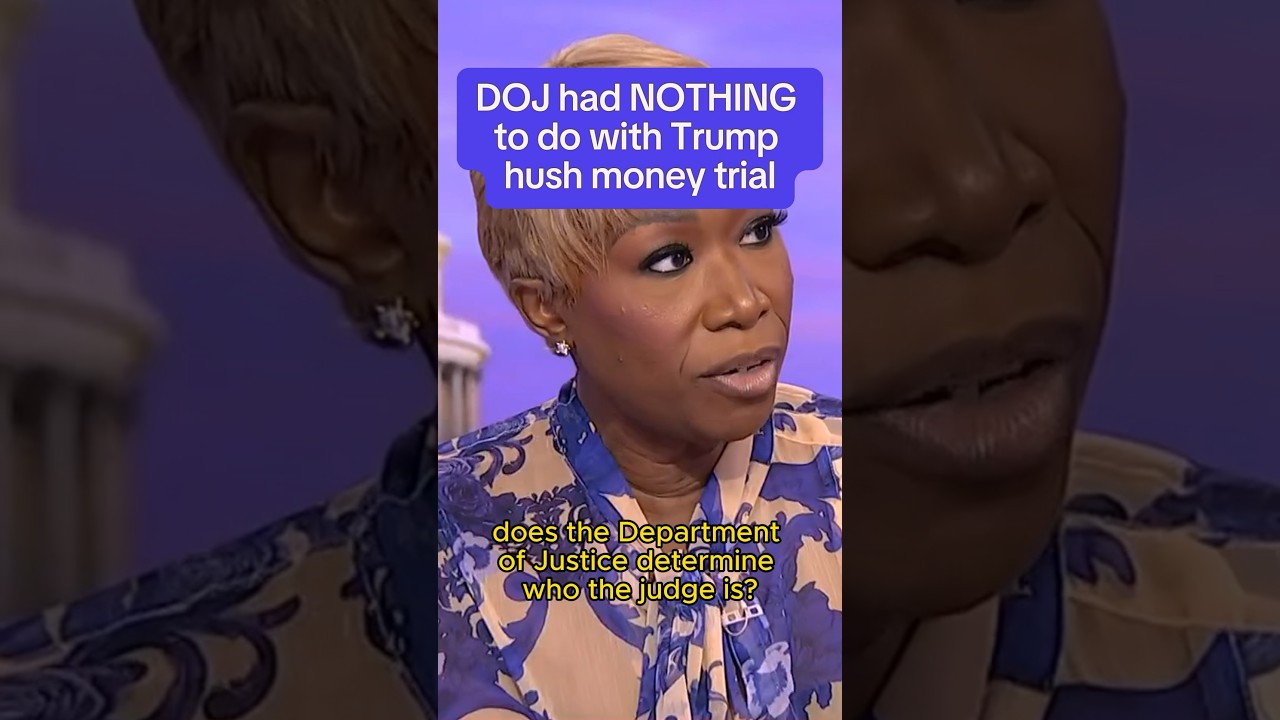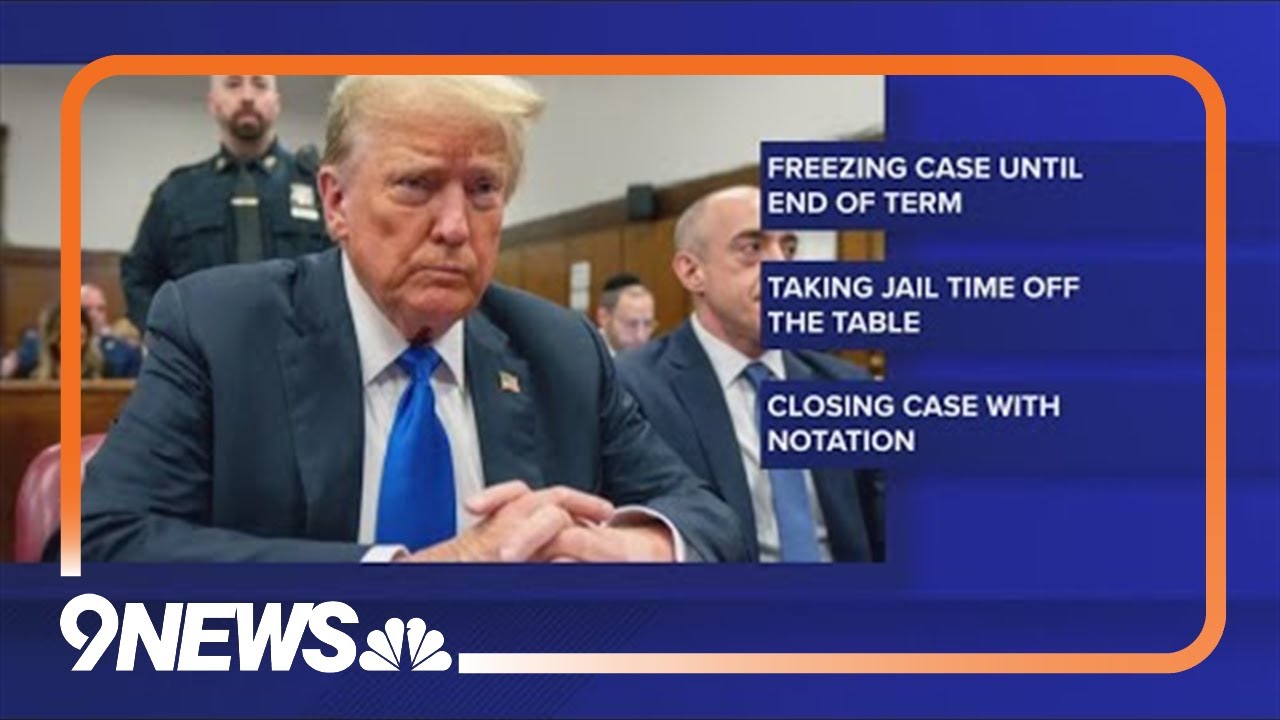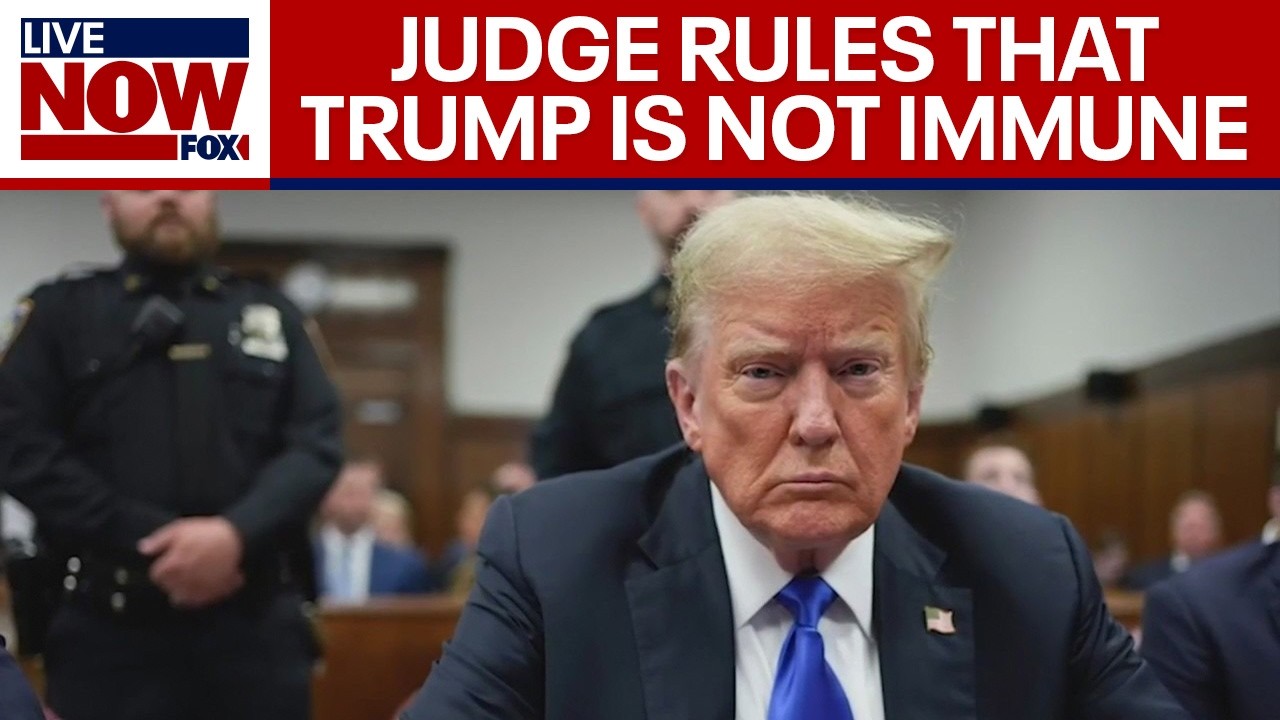
Hush Money Secrets Behind Silencing Scandals And Lies
The concept of hush money has become incredibly prominent in recent years, especially in connection with scandals across various industries, including entertainment and politics. To put it simply, hush money is an arrangement where one party pays another to keep quiet about illegal, stigmatized, or shameful behavior. It serves to protect reputations, but it also often reveals deeper problems rooted in ethics and accountability. With that in mind, let’s dive into the intricate web of hush money, examine some high-profile cases that shook the industry, and uncover how hush money operates behind the scenes and its broader societal implications.
The Intricate Web of Hush Money: Understanding Its Role in Scandals

Top 5 High-Profile Hush Money Cases That Shook the Industry
Hush money has played a significant role in several scandals, exposing underlying issues around morality, legalities, and society’s response to truth. Here’s a closer look at five high-profile cases that spotlight the ethical dilemmas and the extensive fallout from trying to cover up wrongdoing.
Harvey Weinstein’s case stands as a stark reminder of the dangers of hush money in Hollywood. After decades of allegations involving sexual misconduct, it was reported that Weinstein paid millions to numerous accusers, including actress Rose McGowan. The ripple effect of his actions not only led to his criminal conviction but also ignited the #MeToo movement, prompting many individuals to speak out against their abusers and transforming the industry’s stance on accountability.
The hush money payments made to adult film star Stormy Daniels before the 2016 Presidential Election stirred a political frenzy. The implications were steep, raising questions about campaign finance violations and putting a spotlight on the influence of money in politics. This case blurred lines between legal, ethical, and political responsibilities, which resonated deeply within the media landscape.
Following numerous allegations of sexual misconduct, Kevin Spacey reportedly made hush payments to his accusers as an attempt to silence claims against him. The consequences were severe, leading to his ostracization from the industry and prompting ongoing discussions about the impact of silencing tactics in the entertainment world. Spacey’s scandal exposed vulnerabilities in the system that often allow powerful individuals to evade accountability.
In a different twist, Wendy Williams faced public scrutiny due to hush payments linked to her former staffers amid disagreements. Unlike other cases where personal behavior came under fire, Williams’ situation underscores how hush money can emerge from workplace conflicts. The media frenzy surrounding her financial disputes reflected how attempts to manage internal controversies can backfire, amplifying issues instead of eliminating them.
The sudden exit of Tucker Carlson from Fox News raised eyebrows and sparked speculation regarding hush money being used to settle various allegations. This instance highlights questions about corporate responsibility and the media’s role in managing reputational threats. Carlson’s departure is emblematic of how hush agreements can perpetuate a culture of silence and complicity within powerful organizations.
The Mechanics of Hush Money: How It Functions Behind the Scenes
Understanding the mechanics of hush money isn’t just about high-profile scandals; it’s about the way individuals leverage hush money to control narratives. Agreements often come in the form of non-disclosure agreements (NDAs), which provide legal cover for both parties while maintaining a veil of secrecy over misdeeds. Such agreements can shield financial transgressions from public view, forsaking accountability for mere monetary compensation.
While these NDAs may hold legal weight, they oscillate perilously between legality and ethics. Critics argue that they breed a culture of silence where wrongdoings are swept under the rug. Coercion can emerge in these situations, as many accusers feel pressured into signing agreements due to the immediate financial relief that hush money provides. The reluctance to speak out compounds a disturbing narrative of systemic failures, as victims grapple with choosing between silence or personal and financial repercussions.
The legalities behind hush money agreements reveal a troubling underbelly of societal injustice. Victims often find themselves stripped of their voice, losing power to their aggressors—all for the sake of a financial payout. In such systems, seeking justice becomes complicated, leading many to question whether ethical standards should override legal loopholes designed for concealing misconduct.

The Broader Implications of Hush Money in Society
The consequences of hush money ripple out across society, challenging our values regarding justice and truth. When financial payments for silence become the norm, it sends a message that wrongdoing can be quietly brushed away, fostering an environment where victims remain silent and perpetrators carry on with impunity. Society risks entrenching a culture that normalizes such behavior, eroding public trust in authority and the frameworks designed to protect the vulnerable.
Additionally, the misuse of hush payments highlights systemic deficiencies within industries. Structures that prioritize protecting the accused rather than providing justice for victims breed an atmosphere of fear and compliance. This dynamic contributes to a broader narrative that underscores urgency for reform, instigating conversations around ethics, governance, and the importance of accountability.
As grassroots movements and advocacy for victims continue to gain momentum, society shifts closer to a culture of transparency. Audits of accountability and open channels of reporting can help dismantle the complexities tied to hush money and advocates push for fundamental changes. Slowly, the tide is changing, driven by a collective desire to prioritize truth over silence, propelling discussions into the spotlight.
The Ripple Effect: How Hush Money Influences Culture and Accountability
Hush money often reverberates far beyond just being a financial transaction; it significantly influences cultural attitudes surrounding accountability. The practice serves as a deterrent for victims of misconduct, discouraging them from coming forward due to fears over retaliation, financial loss, or social stigma. This cycle perpetuates an unhealthy status quo, hindering the change needed to foster environments built on trust and integrity.
As attention grows towards protecting whistleblowers, we see emerging avenues for victims to pursue justice without resorting to hush payments. Organizations begin to recognize the importance of fostering safe reporting mechanisms for those with claims, moving the needle toward a more transparent culture. The conversations sparked by recent cases underscore a collective acknowledgment of the need for reform, openly discussing the outmoded practices of hush money that allow harmful behaviors to persist.
Navigating these waters is not just about addressing individual cases, but reconstructing the frameworks that inform how society responds to misconduct. There’s a growing sentiment that accountability should take precedence over hiding the truth behind closed doors. As time passes, we can only hope that the lessons learned from past scandals usher in a new era that values transparency and prioritizes the voices of those wronged.
Moving Forward: Towards Transparency and Accountability
As we venture further into 2024, the conversation around hush money is more vital than ever. The scandals and stories emerging serve as poignant reminders of the importance of ethics within industries and the longstanding effects of silence on justice. Our society seems poised for change, sparking discussions around the roles of corporate and individual responsibilities in tackling the permissive culture of hush payouts.
Redefining our approach to silence and accountability will necessitate concerted efforts across industries and communities. By fostering environments that promote truth through transparent processes, we can lay the groundwork for true accountability. As the spotlight on this complex issue grows, the pressure will mount for legislative reforms that address the nuanced difficulties posed by hush money and protect the voices of those affected.
Ultimately, the pathway forward requires an unwavering commitment to truth, shifting practices from unspoken agreements to open dialogues. In doing so, we not only pave the way for a new cultural mindset toward accountability but also empower those who have suffered in silence to reclaim their narrative. After all, a society that prioritizes honesty over financial gain sets a precedent that values integrity, justice, and, most importantly, respect for victims and their stories.
In this evolving dialogue, let’s reflect on how we can participate in fostering a transparent society, ensuring future generations will live in a world that values truth and healing over silence and money. The responsibility rests with each of us as we pen the next chapters of accountability and justice.
Hush Money: The Secrets Behind Silencing Scandals and Lies
The Origins of Hush Money
Hush money, in essence, is cash used to keep a lid on scandals and lies, often flying under the radar of mainstream conversation. Historically, this practice isn’t new; it dates back centuries and has often found its way into the aforementioned Hollywood scandals. It’s kinda surprising to think about how many celebrities, like those linked to the Childe Nudes controversy, have donned the cloak of silence through financial means. There’s even a case with Catherine Dior, whose life crossed paths with such secretive dealings, showcasing that the allure of hush money isn’t just confined to the current gossip.
Hush Money in Pop Culture
Hush money has seeped into pop culture, giving rise to countless tales and teachings on discretion and consequence. Take, for instance, the scandalous whispers behind Courtney Thorne-smith‘s career decisions. These stories are a testament to how money can speak louder than words. It’s fascinating how these agreements sometimes pave the way for a seemingly pristine image while masking extremely juicy details. For folks curious about where to catch Sullivan’s Crossing, filming locations are sometimes just a little hush money away from being unveiled!
The Broader Impact of Hush Money
Beyond the glitzy facade, the practice of hush money can have vast implications on personal lives and careers. It’s been said that some are seeking more than just peace of mind, as these agreements can stretch into other personal areas, including addiction recovery. Many are finding local Rehab Centers knowing they could benefit from support but fear the fallout from their pasts. This shadowy aspect of financial agreements reflects how hush money influences not just the immediate situation but even long-term personal journeys.
Understanding the fallout and nuances — much like the deep dive into Insomniacs After School manga or the intricate tales from the Goanime universe — paints a clearer picture of why such funding remains a compelling subject. Whether it’s a hefty paycheck changing hands or a carefully guarded secret, hush money will continue to be a hot topic in both the tabloids and beyond.

What does it mean to pay hush money?
Paying hush money means giving someone money to keep quiet about something they know, usually related to illegal or embarrassing actions, so that information doesn’t come to light.
What is the slang hush money?
Slang for hush money often refers to it simply as “bribery” or “blackmail,” suggesting it involves secret payments to cover up misconduct or scandals.
What does hush money mean urban?
In urban terms, hush money is still understood as a payment made to ensure someone stays silent about something that might cause shame or trouble for the payer.
What is the full meaning of hush?
The full meaning of hush often refers to making something silent or quiet, but in these contexts, it ties back to keeping certain information under wraps.
What is the word for paying someone to keep quiet?
The act of paying someone to keep quiet is commonly referred to as bribery, but hush money is more specific to the idea of silencing someone about wrongdoing.
What’s another term for hush money?
Another term for hush money could be “silence fee,” as it implies paying someone to stay silent on a particular issue or event.
What does go hush hush mean?
When someone says to “go hush hush,” they mean to keep things quiet or secret, not letting others know what’s going on.
What is the old timey way of saying money?
A vintage way of saying money is “dough,” as it reflects an informal, old-school slang that has been around for quite some time.
Why does cabbage mean money?
The term “cabbage” means money because it’s a playful way of referring to cash, using the idea of green, leafy vegetables that also symbolize money in slang.
What are Trump’s convictions?
Trump has faced various legal troubles and convictions, particularly relating to financial misconduct and other allegations, but specifics are best found from reliable news sources.
What is it called when you pay someone to do something?
When you pay someone to do something, that’s often called hiring or engaging them, depending on the context of the payment involved.
What is the East End slang for money?
The East End slang for money is “squid,” a quirky term that adds some character when talking about cash.
What is the difference between hush money and a bribe?
Hush money differs from a bribe mainly in its focus; while both involve payments to influence behavior, hush money specifically aims to keep information secret.
What is a Hushpuppy slang?
“Hushpuppy” slang typically refers to a type of fried cornmeal ball, but it can also be a lighthearted way to refer to something fun or pleasing, detaching from its usual food reference.
What is the slang bacon money?
Bacon money is slang referring to cash, usually implying that it’s a good or plentiful kind of money, as bacon is often associated with comfort and desirability.
What is the difference between hush money and a bribe?
The difference between hush money and a bribe lies in their intent; hush money is specifically meant to silence someone, while a bribe might also be used to influence actions or decisions.
What does keeping hush mean?
Keeping hush means staying quiet or not speaking about something, often to avoid drawing attention or creating trouble.
Why did Trump pay Stormy Daniels?
Trump reportedly paid Stormy Daniels to keep quiet about their affair, which sparked a lot of controversy and legal discussions about campaign finance and ethics.
What is it called when you pay someone to do something?
When you pay someone to do something, you can also refer to it as compensating them, contracting them, or simply paying for services rendered, depending on the situation.












